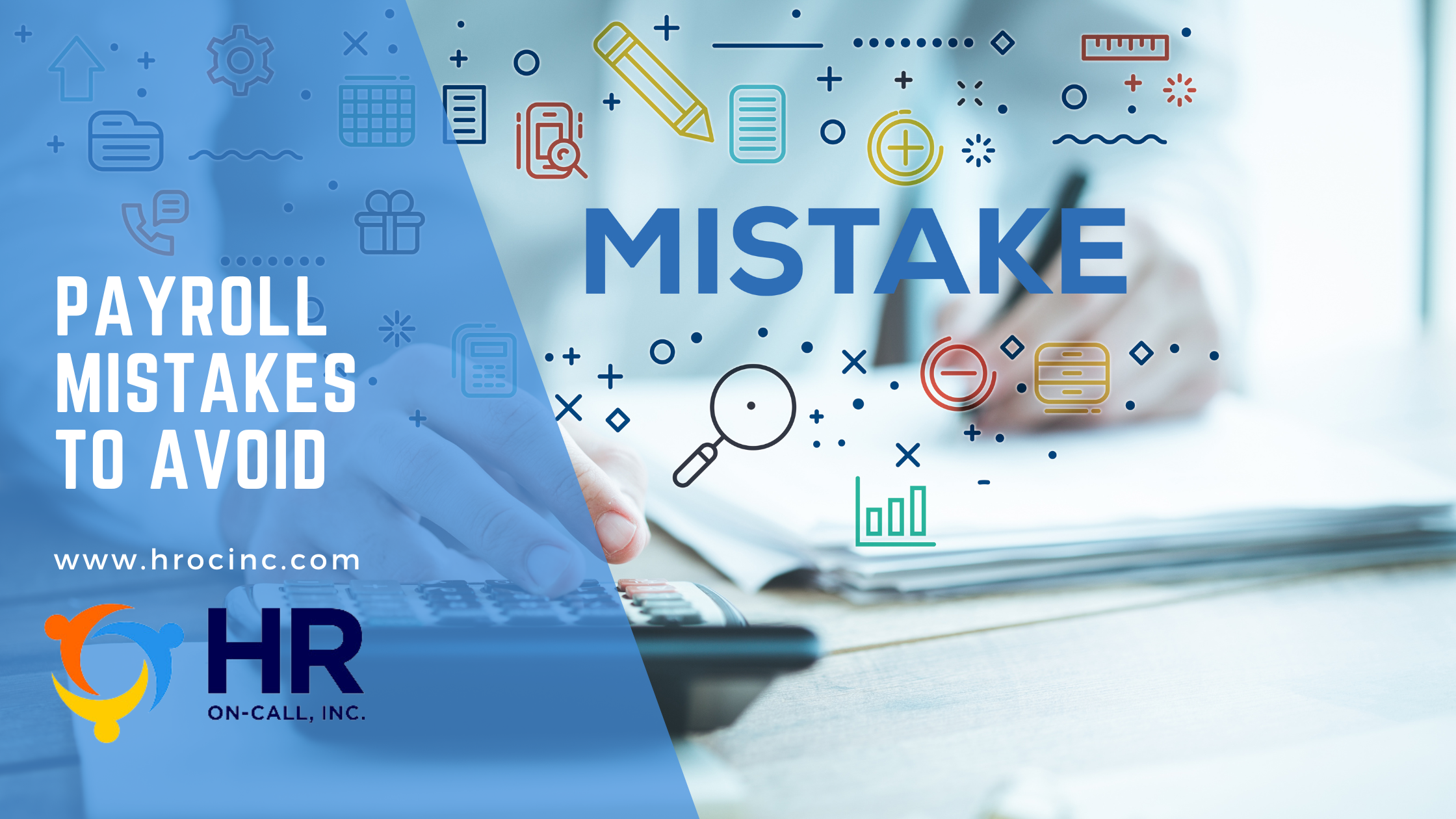Payroll is a critical function for any small business, ensuring employees are paid accurately and on time. However, payroll mistakes can lead to financial penalties, employee dissatisfaction, and even legal trouble. To keep your business running smoothly and maintain compliance, it’s essential to avoid common payroll pitfalls. Here are some of the most frequent payroll mistakes and how to prevent them.
1. Misclassifying Employees
One of the most common payroll errors is misclassifying employees as independent contractors or vice versa. Misclassification can result in tax penalties and legal consequences.
How to Avoid It:
- Clearly distinguish between employees and contractors based on IRS guidelines.
- Regularly review job roles to ensure proper classification.
2. Failing to Track Overtime Accurately
Overtime pay errors can lead to employee disputes and potential lawsuits. The Fair Labor Standards Act (FLSA) requires eligible employees to receive overtime pay for hours worked beyond 40 per week.
How to Avoid It:
- Implement an accurate time-tracking system.
- Regularly review employee hours and pay rates to ensure compliance.
3. Missing Payroll Tax Deadlines
Late tax payments can result in costly penalties and interest charges. Payroll taxes include federal, state, and local taxes that must be withheld and paid on time.
How to Avoid It:
- Use payroll software that automatically calculates and schedules tax payments.
- Set calendar reminders for payroll tax deadlines.
4. Incorrect Tax Withholding
Withholding too much or too little in payroll taxes can cause issues for both employees and the business. Employees may owe unexpected taxes, or the company may face IRS penalties.
How to Avoid It:
- Ensure employees complete and update their W-4 forms as needed.
- Regularly review payroll tax rates and apply the correct withholdings.
5. Failing to Maintain Proper Payroll Records
The IRS and Department of Labor require businesses to keep payroll records for several years. Missing records can lead to compliance issues during audits.
How to Avoid It:
- Maintain payroll records for at least three to seven years, depending on regulations.
- Store payroll records securely, either digitally or in paper format.
6. Inconsistent Payroll Schedules
Employees expect to be paid consistently. Any disruptions in payroll can lead to frustration and decreased morale.
How to Avoid It:
- Set and adhere to a consistent payroll schedule (weekly, biweekly, or monthly).
- Automate payroll processing to prevent delays.
7. Not Accounting for Wage Garnishments
Some employees may have court-ordered wage garnishments, such as child support or debt repayments. Ignoring these orders can lead to legal trouble for your business.
How to Avoid It:
- Work with a payroll provider to ensure garnishments are deducted correctly.
- Stay up to date with court orders and compliance regulations.
8. Forgetting to Update Payroll for Raises and Bonuses
Failing to update payroll for salary changes or bonuses can result in underpayments or tax miscalculations.
How to Avoid It:
- Implement a payroll review process to update changes promptly.
- Double-check payroll adjustments before processing.
9. Lack of Payroll Compliance Knowledge
Payroll laws and tax regulations change frequently. Failing to stay updated can lead to unintentional violations.
How to Avoid It:
- Regularly review state and federal payroll regulations.
- Consult with an HR or payroll professional to ensure compliance.
10. Processing Payroll Manually
Manual payroll processing increases the risk of human error, miscalculations, and compliance issues.
How to Avoid It:
- Use reliable payroll software to automate calculations and tax filings.
- Consider outsourcing payroll to a professional service to reduce errors.
Payroll mistakes can be costly and time-consuming to fix, but by implementing best practices and staying informed, you can prevent errors before they happen. Investing in payroll software, maintaining accurate records, and keeping up with tax regulations will help ensure smooth payroll operations for your small business.
Need help managing payroll for your business? Contact our experts today!

